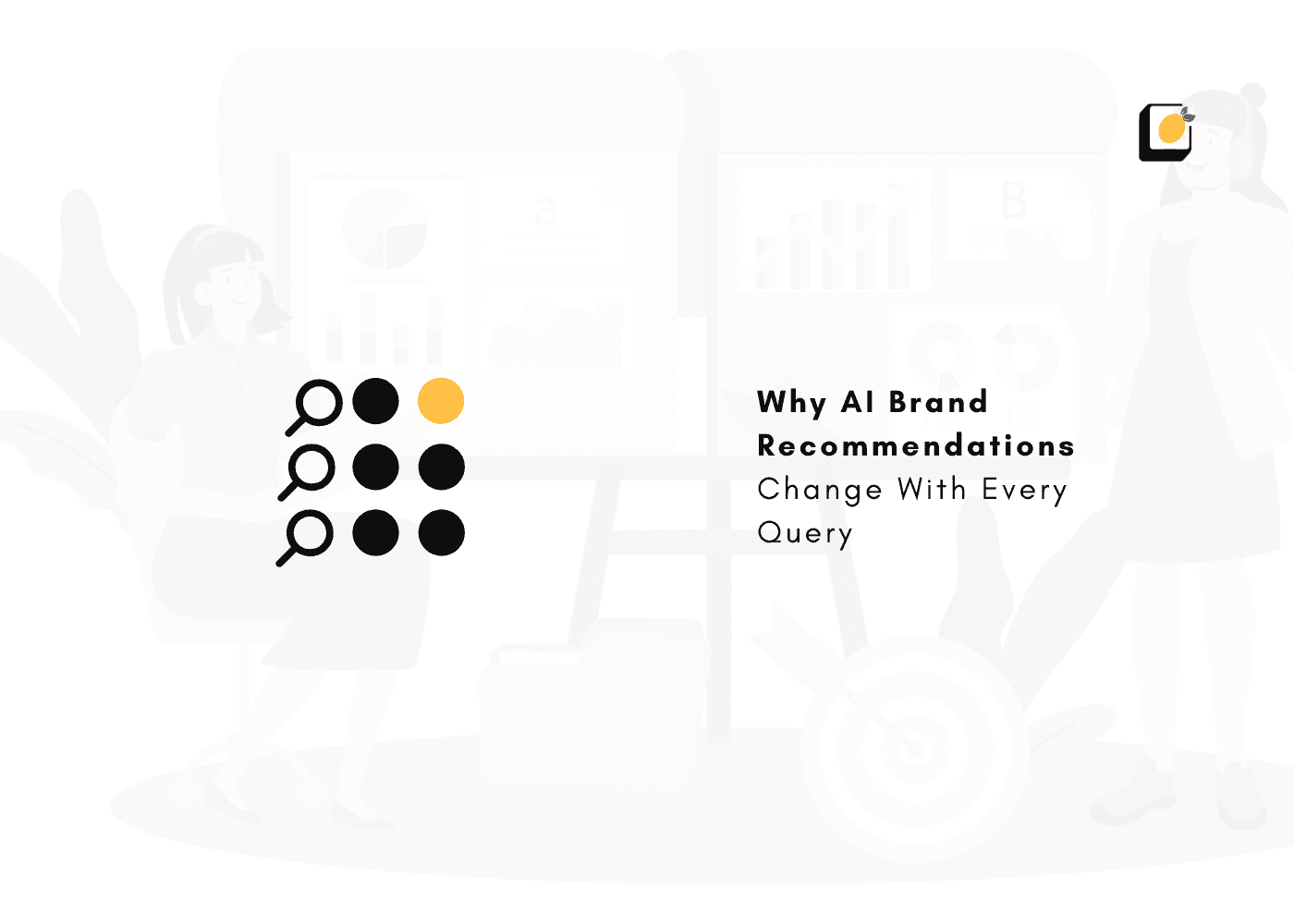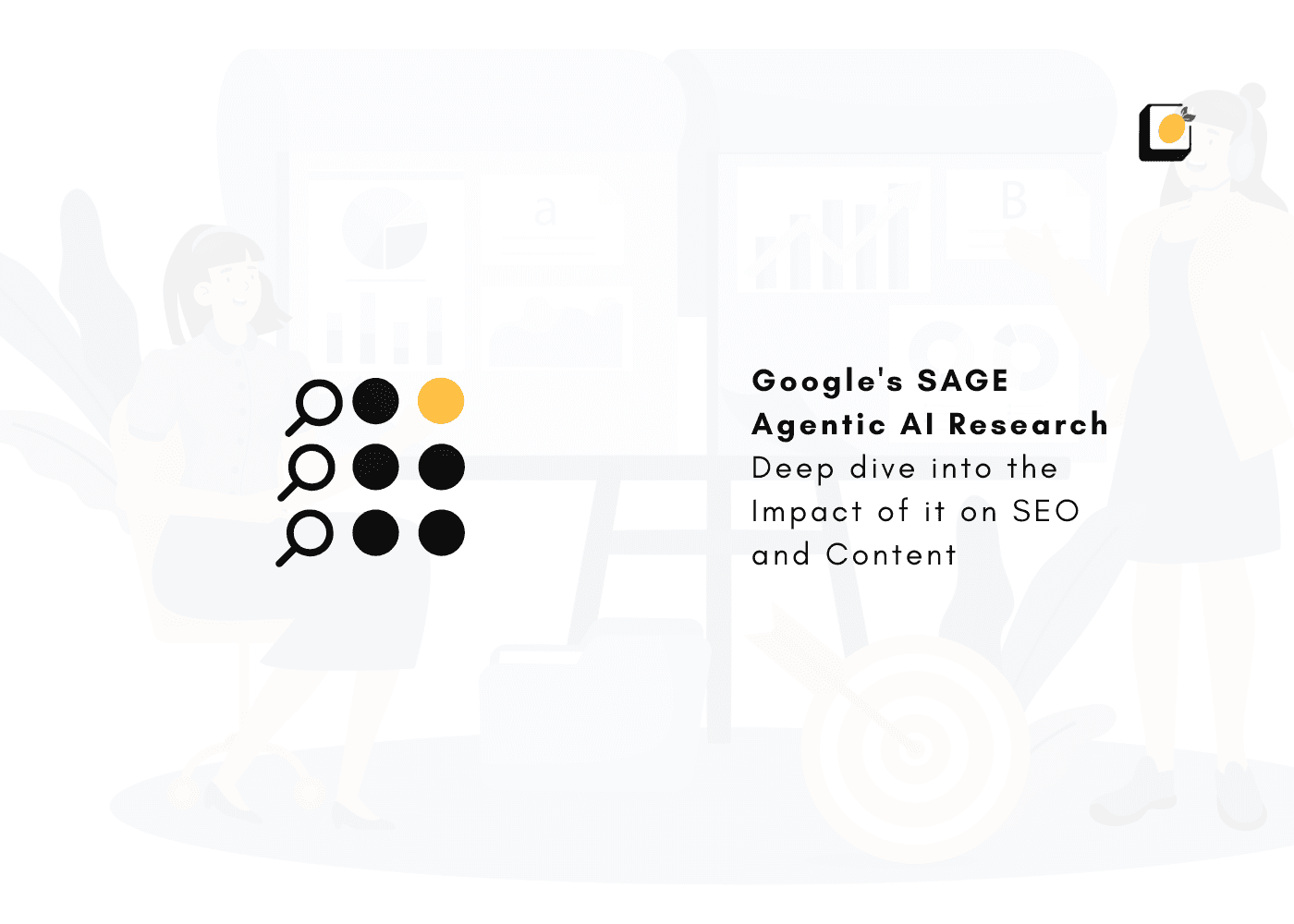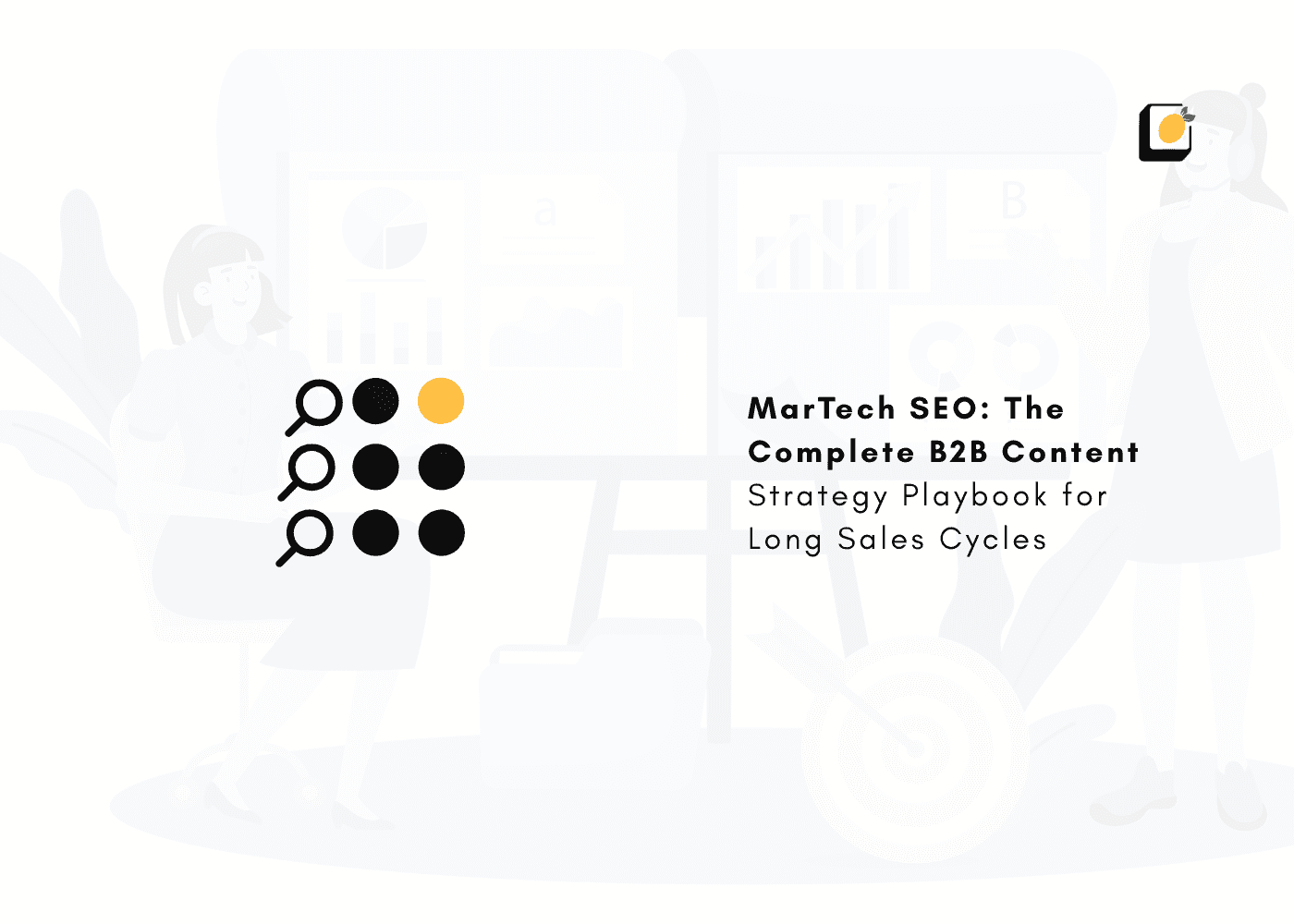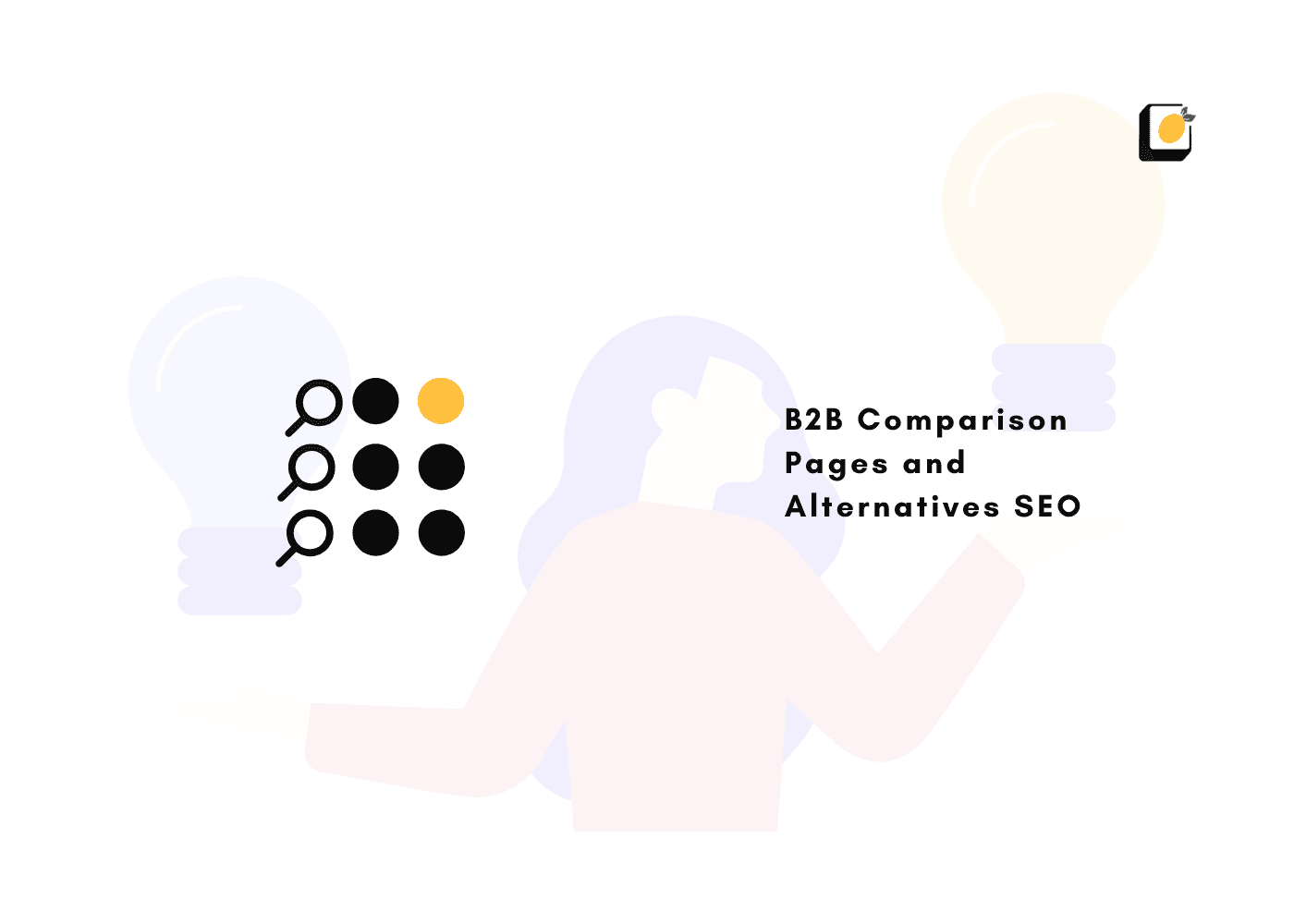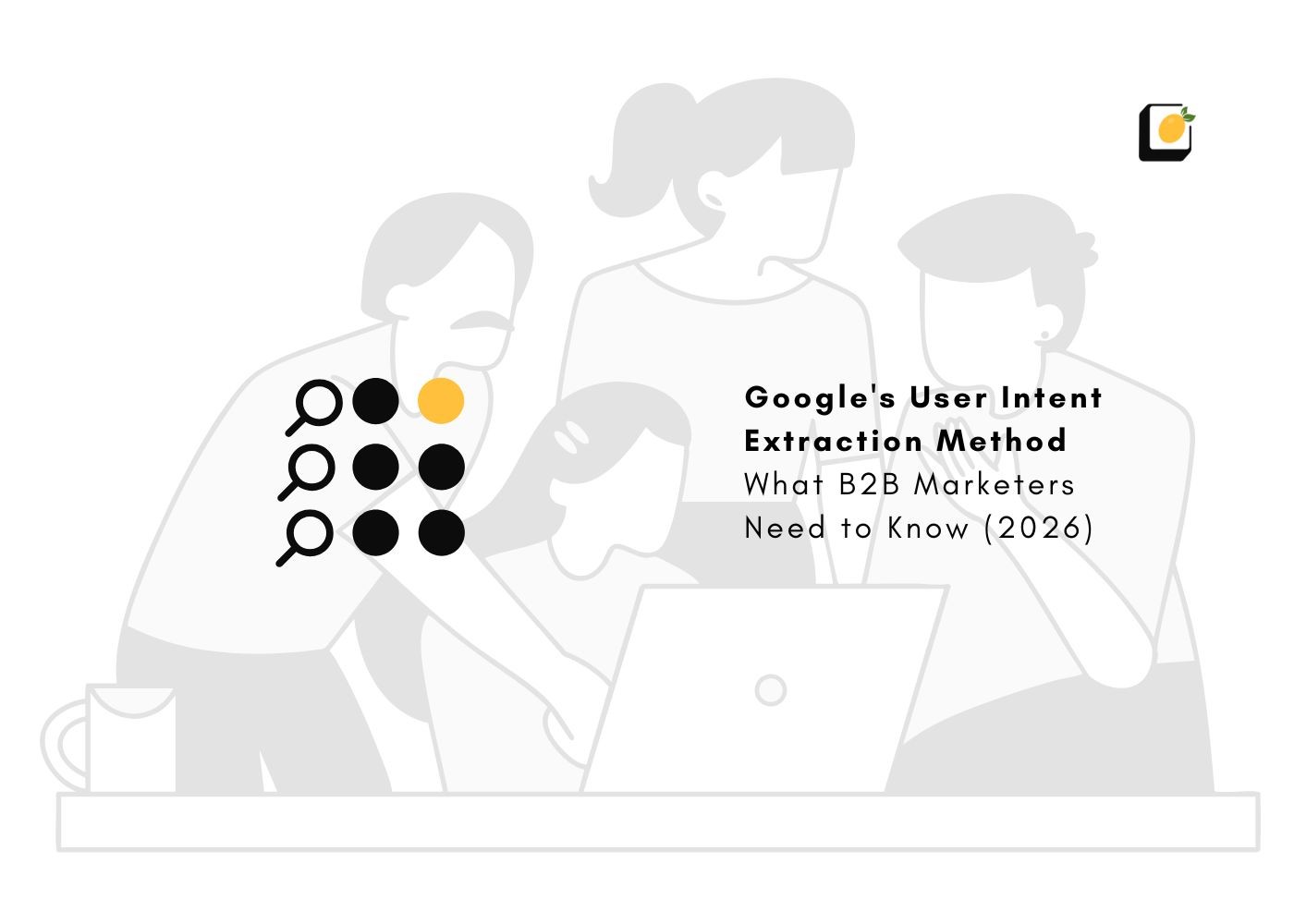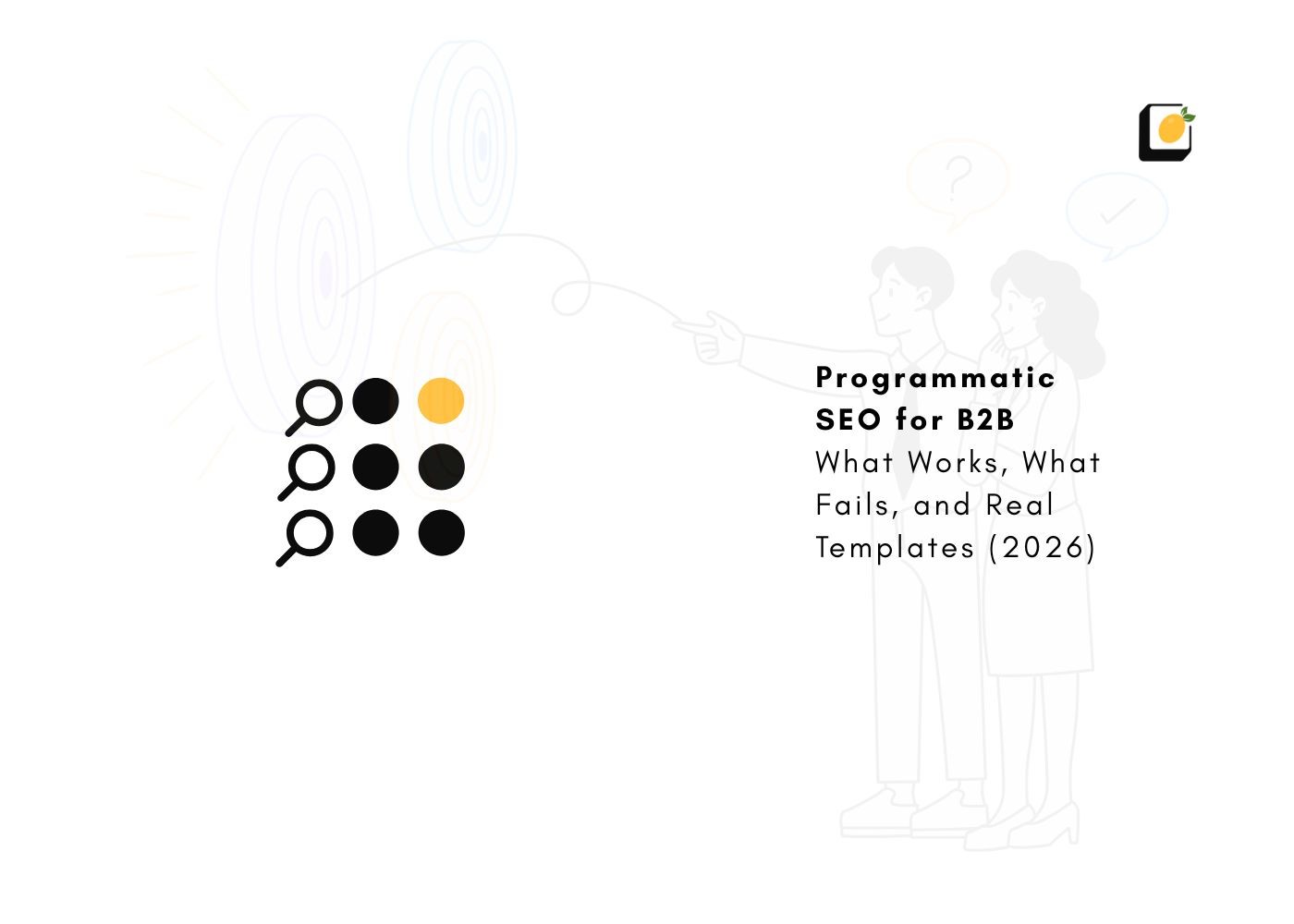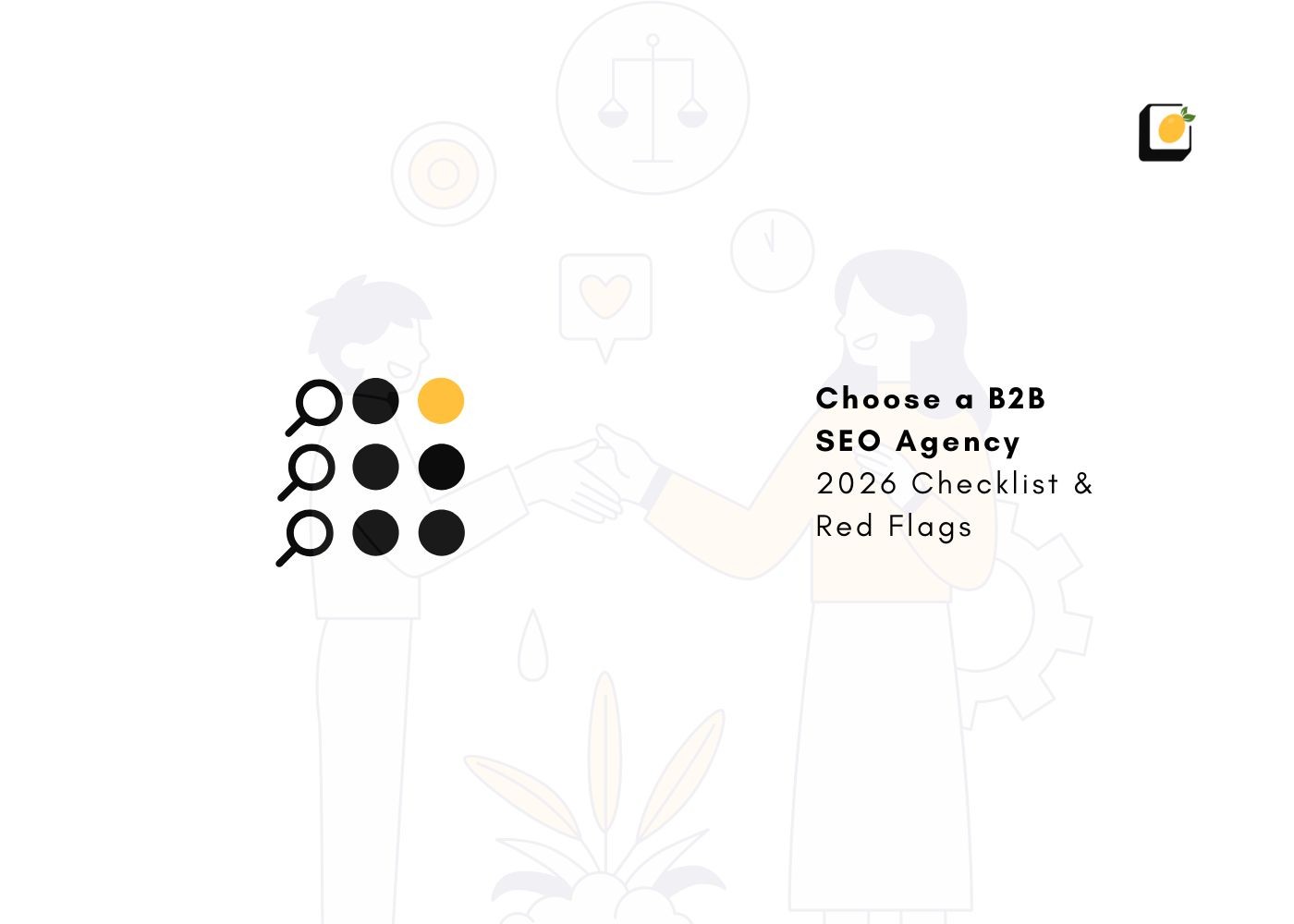What Is Organic Search in Google Analytics?
June 18, 2025
Join 500+ brands growing with Passionfruit!
Understanding organic search in Google Analytics can feel overwhelming, especially if you’re new to website tracking or digital marketing. You may see the term in your reports and wonder, “What does it actually mean?” The good news is: it’s not complicated. But it is powerful.
Organic search refers to people finding your website through a search engine like Google or Bing without clicking on a paid ad. Google Analytics tracks this kind of traffic, giving you insight into how well your site performs in search results.
Let’s walk through what organic search really means, why it matters, where to find it in Google Analytics, and how you can grow it with smart strategies.
What Does "Organic" Really Mean?
In digital marketing, “organic” simply means unpaid. If someone types something into Google and clicks a result that isn’t an ad, that’s an organic click. In Google Analytics, that traffic is labeled as organic search. It shows that your website was found through search results, not advertising.
Organic search traffic is based on your content quality, keyword relevance, and how well your pages match what people are looking for.
How Do Search Engines Display Organic Results?
Search engines like Google display two kinds of results: paid ads and organic results. Paid ads appear at the top and are marked as “Sponsored” or “Ad.” Below them are organic listings. These are the unpaid results ranked by relevance.
Search engines use algorithms to decide which websites show up in organic results. They look at factors like page content, keyword use, backlinks, and user experience. You can’t buy your way into organic rankings, you have to earn them.
How Does Google Analytics Classify Organic Traffic?
In Google Analytics, organic search traffic is automatically tracked under the “Default Channel Grouping”. When someone visits your site after searching for something on Google, Bing, Yahoo, or another engine (without clicking an ad), it counts as organic.
You’ll usually find this labeled as:
Source: google, bing, yahoo
Medium: organic
Together, this shows the visit came from organic search results, not paid ads or direct links.
Why Organic Search Traffic Matters for Your Website
Organic search traffic is more than just a number in your analytics report, it’s a sign that your website is working. When people find your site through unpaid search results, it means your content matches what they’re looking for. This kind of traffic is powerful because it doesn’t rely on ads or constant spending. Instead, it reflects trust, relevance, and long-term visibility.
In this section, we’ll break down why organic search traffic matters and how it compares to other types of website visitors.
Organic vs Paid Traffic
Understanding the difference between organic search and paid search is important. Paid search traffic comes from users clicking on ads, like Google Ads or Microsoft Ads. You pay for each click.
Organic traffic, on the other hand, comes from unpaid listings. These clicks cost you nothing and are usually more valuable long-term because they indicate strong relevance and trust.
Organic Traffic is More Valuable Than You Think
Organic traffic is often called “high-quality traffic.” Why? Because users are actively searching for something when they find you. They are likely more engaged and ready to take action, like reading your blog, signing up, or buying a product.
Plus, once your pages rank well, you continue getting traffic without having to spend money every day.
What High Organic Search Traffic Says About Your Site
If your site is getting a lot of organic search traffic, it’s a strong signal that:
Your content is useful and relevant: Search engines prioritize content that answers real questions and meets user intent. High organic traffic often means your pages are solving problems or delivering value to searchers.
Your pages are well-optimized: From keywords and meta tags to internal linking and structure, your site likely follows SEO best practices that make it easier for search engines to crawl, understand, and rank your content.
Search engines trust your site: High organic traffic usually comes with good domain authority, quality backlinks, and consistent content updates, all of which help build trust with search algorithms.
Visitors find you without needing ads: A steady flow of traffic without paid promotion shows that people are discovering you naturally through search engines, reducing your reliance on advertising.
Your site can grow sustainably over time: Organic visibility isn’t short-term. It means your website is built to attract users again and again, supporting long-term brand growth and consistent lead or sales generation.
5 Reasons Organic Search Traffic Is So Important
Organic search traffic is one of the most valuable sources of website traffic you can earn. Because it comes from people actively looking for information, solutions, or products, it reflects real interest. Unlike ads, which stop working once your budget runs out, organic search brings steady, compounding results over time. Here are five key reasons why it deserves your attention:
It brings in free, long-term website visitors: Once a page ranks well in search results, it can attract visitors for months or even years, without paying for each click. This makes organic traffic one of the most cost-effective marketing channels available.
It shows your site is ranking well for real searches: High organic traffic means your pages are being found when people search for relevant topics or questions. It’s a sign that your content aligns with what users are actually looking for.
Visitors from search engines are often ready to act: People using search engines have intent, they’re looking for something specific. That means they’re more likely to engage with your site, whether that’s reading an article, signing up for a service, or making a purchase.
It builds trust and credibility with users: Users tend to trust websites that appear high in organic search results. Ranking well signals authority and expertise because you can’t pay to get there, you have to earn it with quality content and site experience.
You don’t have to keep spending to keep getting traffic: Paid ads require continuous investment. But organic search traffic keeps coming as long as your content stays relevant and your SEO stays strong. That means lower ongoing costs and higher returns over time.
How to Find Organic Search Traffic in Google Analytics
Using the Acquisition Overview Report
To check your organic search traffic, log into Google Analytics and go to your website’s property view. Then follow this path:
Click on Reports from the left menu.
Select Acquisition.
Choose Overview.
Here, you’ll see a pie chart or bar graph showing traffic sources like Organic Search, Direct, Paid Search, and Referral. Click on Organic Search to dig deeper.
Navigating to Source/Medium and Campaigns
If you want to understand where the traffic came from, go to:
Reports > Acquisition > Traffic Acquisition
Look for dimensions like Source / Medium
This tells you if the visit came from google/organic, bing/organic, etc.
If you're using campaign tagging, you can track deeper campaign performance, even for organic content marketing efforts like blog series or email newsletters.
Understanding Keyword Data (even if it’s “not provided”)
One frustrating part of organic data is the missing keyword info. Under the Organic Keywords section, you’ll often see a label: (not provided).
This is because Google hides keyword data from secure (HTTPS) searches to protect user privacy. However, you can still learn which pages get the most organic visits. That helps you guess what users are searching for based on page topics.
To view this:
Go to Reports > Engagement > Pages and Screens
Sort by organic traffic to see which pages rank highest
Steps to View Organic Search in Google Analytics (GA4):
Open GA4 and click Reports.
Go to Acquisition > Traffic Acquisition.
Look at the “Session default channel group”.
Click on Organic Search.
Use filters like Page path, Source/Medium, or User location to analyze.
You now have real data on who is visiting your site through search engines.
How to Improve Your Organic Search Traffic?
Getting more organic search traffic doesn't require expensive tools or overnight tricks. It requires strategy, consistency, and patience. Unlike paid ads, which stop delivering traffic once your budget runs out, organic growth continues to compound. The key is understanding how search engines rank content and how you can align your website with those expectations. Below are four core strategies that can significantly improve your site’s organic visibility over time.
Start with Keyword Research
Every great SEO strategy begins with knowing what your audience is looking for. Tools like Google Keyword Planner, Ahrefs, or Ubersuggest help you discover high-volume, low-competition keywords your potential visitors are typing into search engines. Once you identify relevant terms:
Write content that answers the questions behind those searches
Use the keywords naturally in your page titles, subheadings, and body text
Make sure the content is useful, clear, and specific
This ensures your pages align with real-world search queries and have a better chance of ranking.
Boost Authority with Backlinks
Backlinks, links from other websites pointing to yours play a big role in how search engines evaluate credibility. When trusted sites link to your content, it signals to Google that your information is valuable.
To build backlinks:
Publish in-depth, original content worth linking to
Reach out to reputable blogs or websites in your industry
Submit guest posts with relevant links
Avoid paid link schemes or low-quality backlink farms
The goal is to earn trust from both users and search engines through natural, high-quality linking.
Optimize for Speed and Mobile Usability
User experience directly affects how well your pages rank. Search engines now factor in page speed, mobile responsiveness, and site navigation when determining where your content appears in search results.
Make sure your site:
Loads in under 3 seconds
Is easy to use on smartphones and tablets
Has clean layouts, readable text, and intuitive menus
Use tools like Google PageSpeed Insights and the Mobile-Friendly Test to check your site’s performance and get actionable suggestions for improvement.
Think Long-Term, Not Just Quick Wins
Search engine optimization isn’t about short bursts of traffic. It’s about building a sustainable stream of visitors who find you through relevant, useful content. While small updates can help, the best results come from long-term planning.
Focus on:
Publishing well-written, search-friendly content regularly
Updating outdated pages to keep them relevant
Reviewing traffic trends and performance in Google Analytics over time
By staying consistent and patient, you’ll create a foundation that attracts organic search traffic month after month, without having to chase paid campaigns.
How an SEO Agency Can Accelerate Your Organic Growth
While DIY can take you far, partnering with a specialized SEO agency can significantly amplify your organic search results in Google Analytics. Agencies bring proven strategies, technical expertise, and up-to-date knowledge of the latest search trends, helping you avoid common pitfalls and achieve faster, more sustainable growth.
At Passionfruit, we combine engineering and marketing expertise to deliver revenue-focused SEO, prioritizing organic revenue and sign-ups with data-driven, product-led strategies. We offer advanced generative engine optimization for AI search platforms, real-time performance tracking, and authority-building content strategies. Businesses have experienced a 120% increase in organic traffic within three months and a 40% lift in organic key events and revenue in four months with our approach.
Final Thoughts
Next time you open your Google Analytics dashboard, don’t just look at total traffic. Look at which visits came from search engines. Ask: “What did they type to find us? What page did they land on? Did they stay, or bounce?”
Because every organic visit is earned.
And if your site isn’t showing much organic traffic yet? That’s okay. Now you know how to fix it. Start small. Publish something helpful. Track the result. And build from there.
Want to make organic search rankings your game-changer? Get in touch with an expert now!
Because organic search isn’t just a number in a report. It’s your website being found naturally.
Key Takeaways
Organic search traffic comes from unpaid clicks on search engine results, not ads.
Google Analytics labels this traffic under sources like “google/organic” in your reports.
Organic traffic reflects content quality, keyword relevance, and site trustworthiness.
Organic traffic is more sustainable and cost-effective than paid advertising in the long term.
You can view organic traffic in GA4 under Reports > Acquisition > Traffic Acquisition.
Improving organic traffic requires keyword research, backlinks, and user-friendly site design.
Frequently Asked Questions
1. What exactly is organic search traffic in Google Analytics?
Organic search traffic refers to visitors who find your website through a search engine’s unpaid results. In Google Analytics, this traffic is automatically tracked under the label “organic” in the Source/Medium section. It indicates that someone clicked on a link in the search results without engaging with paid ads, showing natural visibility and interest.
2. Where can I find organic search traffic data in GA4?
To view organic search data in GA4, go to Reports > Acquisition > Traffic Acquisition. Look under the “Session default channel group” column for "Organic Search." Clicking on this will show performance metrics such as session count, engagement, bounce rate, and user demographics specific to organic traffic.
3. Why is organic traffic considered more valuable than paid traffic?
Organic traffic is often more valuable because it comes from users who are actively searching for specific information or solutions. These users are typically more engaged and likely to convert. Unlike paid traffic, organic clicks don’t cost money per visit, making them more sustainable over time with proper SEO.
4. What does it mean if my site has high organic traffic?
High organic traffic suggests that your content is ranking well on search engines and aligning with user intent. It means search engines view your pages as relevant and trustworthy. This usually reflects strong SEO practices, including useful content, effective keyword targeting, and good site structure.
5. How can I increase my website’s organic search traffic?
To increase organic traffic, start with keyword research to understand what your audience is searching for. Then, create content that directly answers those queries, earn backlinks from reputable sources, and optimize your site for speed and mobile usability. Consistency and quality are key to long-term gains.
6. Why does keyword data often show as “(not provided)” in Analytics?
Google began encrypting search data from secure (HTTPS) searches to protect user privacy, resulting in keyword information being labeled as “(not provided).” While exact search terms are hidden, you can still analyze which pages receive the most organic traffic to infer what users were likely searching for.


